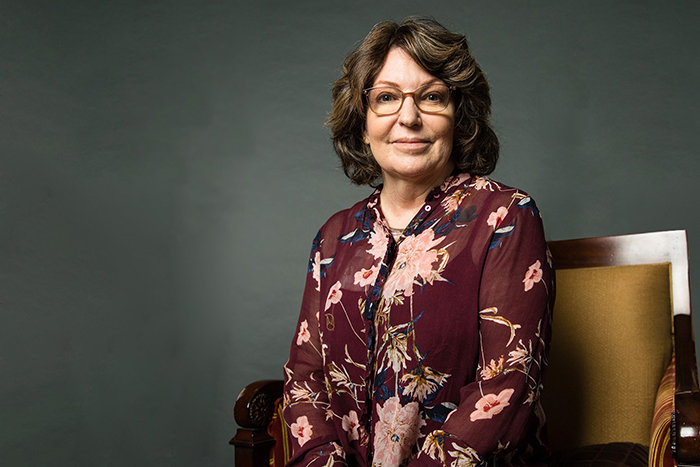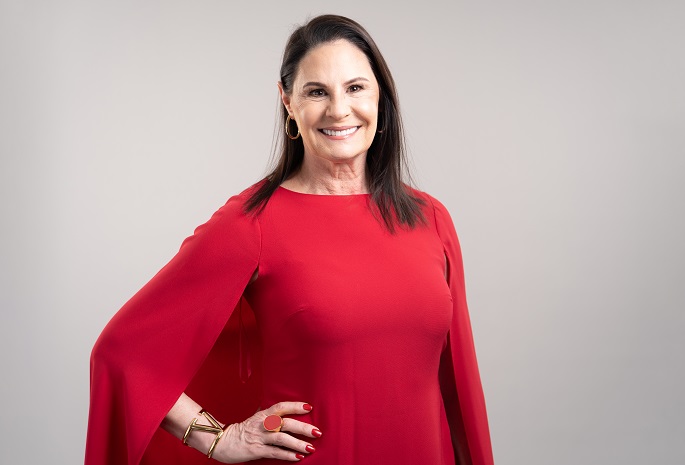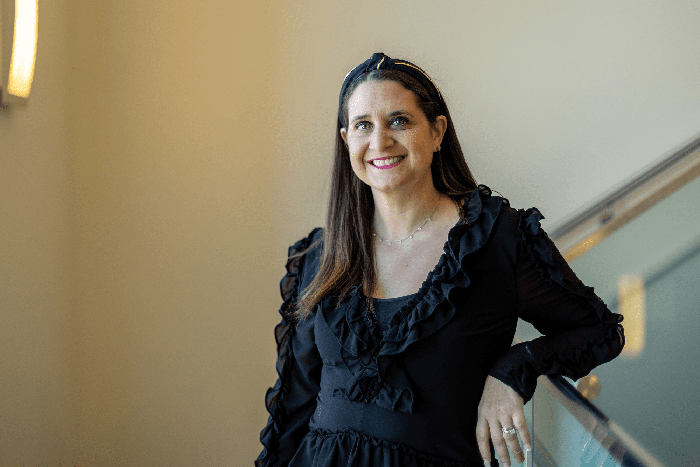Jill is no stranger to triple-negative breast cancer. She’s faced this little-understood form of the disease twice. After her cancer returned and spread, doctors said she only had months to live.
Jill’s doctors knew she needed highly specialized care to have a chance at survival. So, they referred her to Jane Meisel, MD, co-director of breast medical oncology at Winship Cancer Institute of Emory University. Dr. Meisel enrolled Jill in an innovative immunotherapy clinical trial.
Immunotherapy is a treatment that uses your body’s immune system to fight cancer. Your immune system protects you from harmful things, like viruses. But cancer cells can often hide from it. Immunotherapy helps your immune system recognize and destroy cancer cells.
Today—five years after finishing treatment—Jill is disease-free. And the therapy she received is now a new standard of care for patients with triple-negative breast cancer.
A Difficult Diagnosis
Unlike most breast cancer types, triple-negative breast cancer cells don’t have the receptors for the estrogen and progesterone hormones or the HER2 protein that help cancer grow and spread and that breast cancer therapies usually target. That makes this form of the disease historically challenging to treat and more likely to return.
That was the case for Jill, a Lutheran pastor. Her long, anxiety-ridden experience with triple-negative breast cancer started over 10 years ago with her first diagnosis.
“When I got diagnosed, we had just come back from sailing in Maine—we had chartered a 40-foot sailboat,” says Jill. “When I first felt the lump, we went from this real high to this unbelievable news.” Jill’s care included a double mastectomy and chemotherapy. She also underwent 37 rounds of radiation.
Jill went into remission, but she spent years clouded with worry about whether her cancer would return. Four years later, it did. She developed a lingering cough, and an X-ray revealed she had 30 centimeters of tumors scattered throughout her lungs, esophagus and lymph nodes in her breastbone area.
It was Stage 4 metastatic triple-negative breast cancer, and there was no cure.




